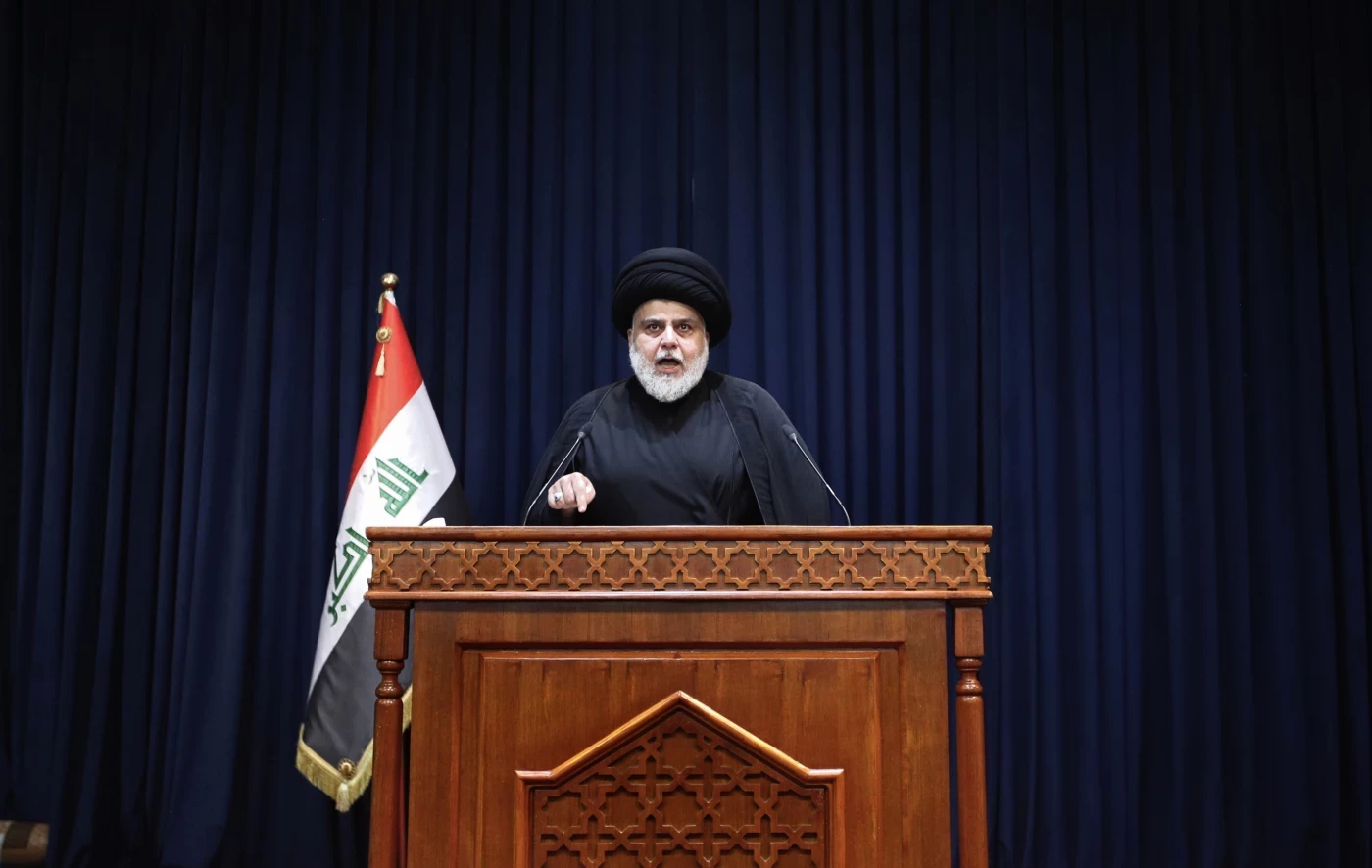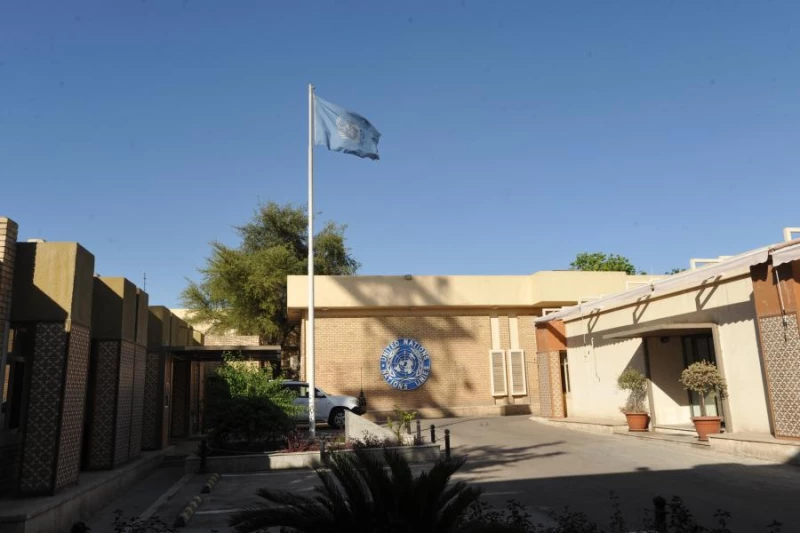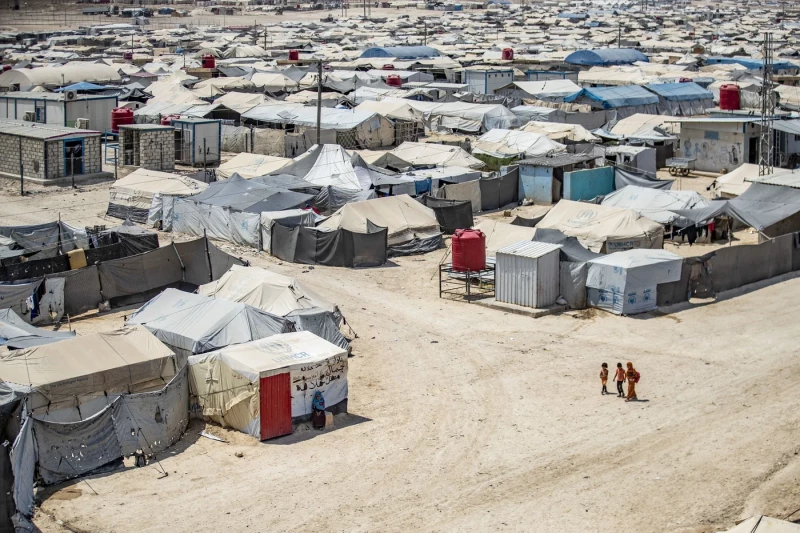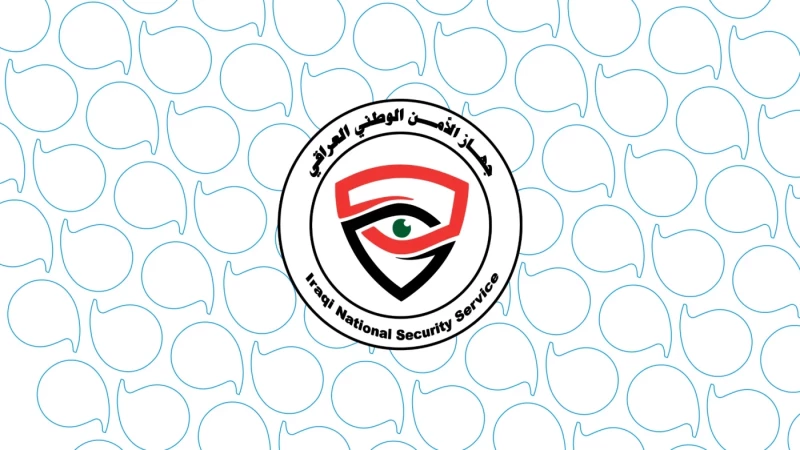ERBIL, Kurdistan Region of Iraq - A meeting held by Shiite cleric and political leader Muqtada al-Sadr on Sunday evening has raised new questions about his future in Iraqi politics. Sadr, who has opted to boycott elections and the Iraqi political process, gathered with close aides to discuss electoral blocs and what kind of conditions they would need to meet to earn his support.
According to Saleh Muhammad al-Iraqi, a close associate of Sadr, the cleric posed pointed questions during the meeting in the al-Hanana area of Najaf about which electoral blocs are worthy of public trust and support. He asked if any of them were serious about independence, the disarmament of militias, and genuine reform.
Researchers and analysts say the meeting is a signal that Sadr is still closely watching the political scene despite his official withdrawal from the electoral stage.
Mujashaa al-Tamimi, an academic and political researcher, told The New Region that Sadr’s openness to supporting an electoral bloc that meets his conditions “should not be seen as a traditional political tactic.”
“This is a clear sign that Sadr is still following the political process carefully,” Tamimi said. “He knows his base remains a decisive force, and their votes can impact the results if there is a party that truly meets his conditions, which are fighting corruption, preserving national sovereignty, and offering a genuine national program.”
Tamimi also noted that the absence of any such bloc could make Sadr reconsider his boycott. “He might think about returning to politics, but not through traditional methods or well-known lists,” he said. “Sadr has the ability to create new political paths outside the usual framework.”
He concluded, “What happened in al-Hanana wasn’t election-season posturing. It was a serious attempt to keep the 'Popular Sadrist Bloc' active and influential, whether through votes or, if necessary, a full political comeback.”
Not everyone agrees on the meaning of the meeting. Ghaleb al-Damimi, a media professor and political analyst, said the conditions al-Sadr outlined were simply too difficult for most electoral blocs to meet.
“I don’t believe the Sadrist movement’s supporters will vote for any of the current electoral lists,” Damimi told The New Region. “The conditions Sadr has set are too hard to implement.”
Still, Damimi said the cleric’s demands could pressure some political groups to align with his vision in hopes of gaining his backing.
“What Sadr proposed will embarrass these blocs,” he said. “Some political actors might adopt his views just to get his support.” But even that, he added, may not be enough.
“No one can just declare the dissolution of the Popular Mobilization Forces, hand over weapons from armed groups, and fight corruption the way Sadr demands,” Damimi said. “He made those points very clear in the meeting, as shared by Saleh Muhammad al-Iraqi.”
Damimi said the chances of the National Shiite Movement returning to the political process under current conditions are very slim, especially with the deadline for registering electoral lists and candidates already passed.
“A return would need the electoral commission to reopen registration, a move that would require political pressure,” he said. “But I believe a return is unlikely now. It’s off the table. If it happens, it will be after the 2025 elections.”
Munaf al-Moussawi, director of the Baghdad Center for Strategic Studies, said the al-Hanana meeting was mainly a discussion about whether any electoral bloc could carry out Sadr’s reform project or adopt a platform close to his demands.
He told The New Region that those demands include “disarming militias, fighting corruption, dissolving armed groups, strengthening the army and police, and rejecting foreign influence.”
“No official statement has been released yet about the results of the meeting,” Moussawi added.
He said the matter remains open. “There may be an effort to study the programs of some blocs. But the most important question al-Sadr raised was: even if such a bloc exists, what guarantees are there that they will implement these ideas after the election?”
“This is still being discussed,” Moussawi said. “No final decision has been made yet.”
Saleh Muhammad al-Iraqi shared a message from the meeting while it was still taking place.
He wrote, “I’m writing this while our meeting with him continues. He asks us: ‘Which of the electoral blocs running for the elections, in your view, has a platform based on independence without foreign influence, disarmament under state authority, strengthening the military and police, dismantling the militias, integrating or organizing the Popular Mobilization Forces, loyalty to the homeland, exposing the corrupt, and a clear path to reform?’”
Sadr also asked, “What guarantees can we get from them in return for giving them the votes of the honorable?”
Sadr has recently spoken about his political experience and why he chose to leave. In a post last Wednesday on X, formerly known as Twitter, he reflected on his past attempts to engage in the political process.
“In previous years, I drank the poison, bore the wounds, and gave in to the leadership’s requests,” he wrote. “I hoped that my presence in politics would be a door to reform.”
“But in vain,” he added. “The current of corruption is overwhelming, and joining it is more rewarding. Those who stayed with me are like people holding burning embers.”
Sadr said some political actors "disregard religious law, creed, the teachings of the clerical authority, and the demands of the people."
"Such people will never reveal corruption, relieve the suffering of the people, end foreign control, or rein in the militias," he said. "They don’t respect the security forces or their weapons. We tried again and again, but it was hopeless.”
Sadr added that parting ways with the political process was necessary.
“They were not only opponents, they were also allies who betrayed us secretly and openly,” he said. “I grew disillusioned with them and everything they represented. It became worthless to me, less than the sneeze of a sick goat. To join them again would send me into a burning fire.”
He ended his statement by saying, “If they truly want to raise the word of Islam and the sect, then reform is the way. Reform follows the path of the infallible, not one that abandons the religious authority. Love for the homeland brings blessings. Dissolving and integrating these groups brings stability. But I have no hope in their repentance.”



 Facebook
Facebook
 LinkedIn
LinkedIn
 Telegram
Telegram
 X
X


